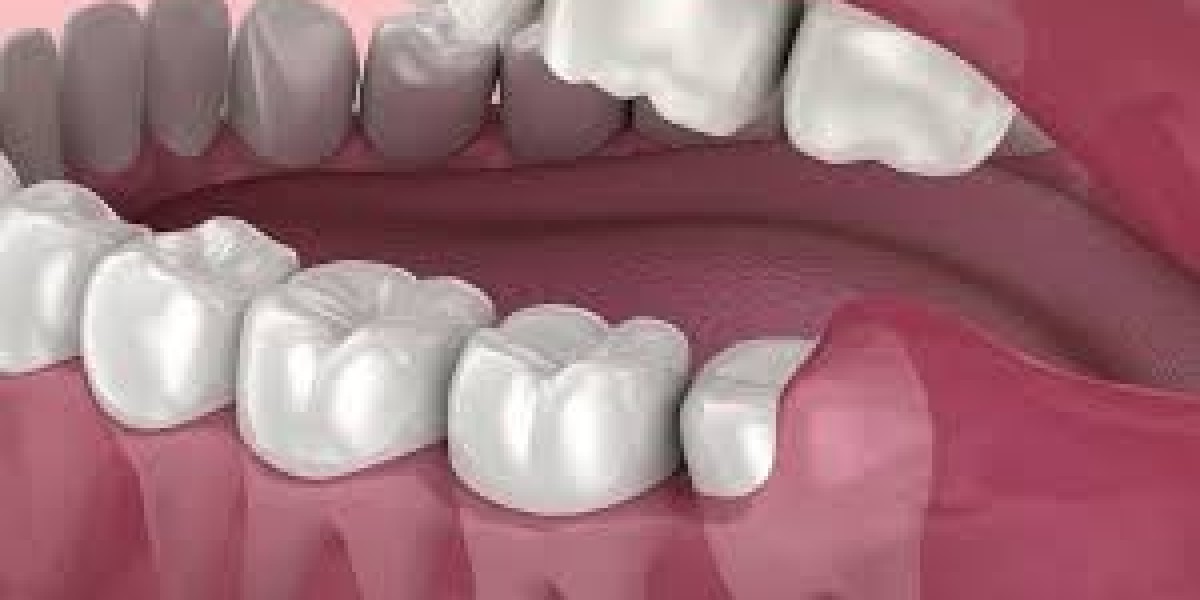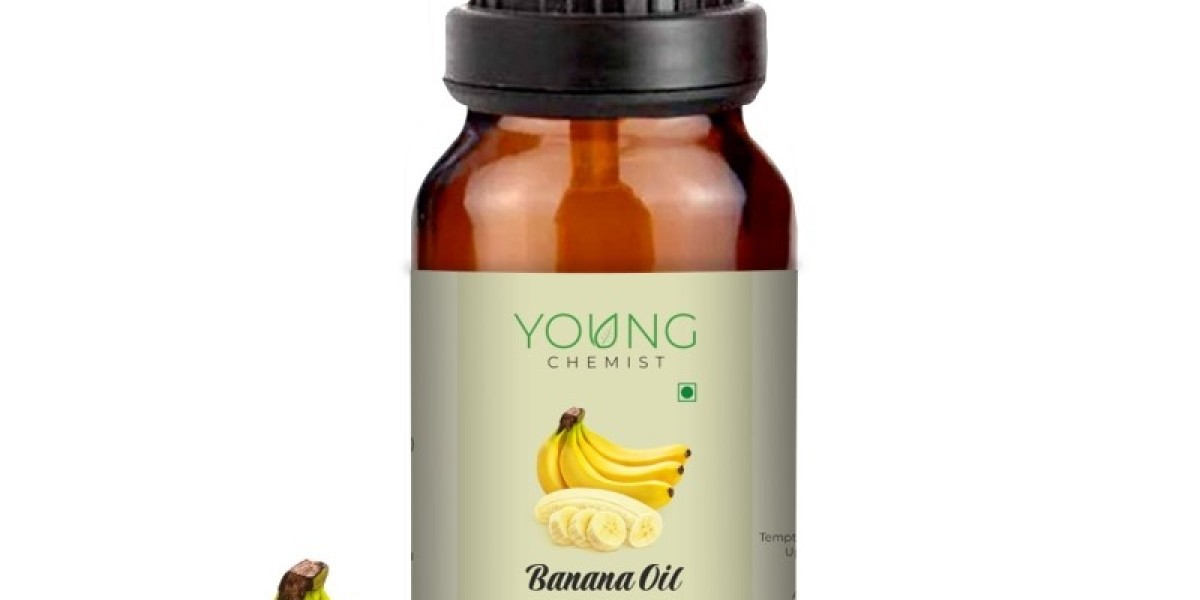A Complete Guide to Dental Glue for Crowns
When it comes to dental crowns, the adhesive used to secure them in place is just as important as the crown itself. Dental glue for crowns is a crucial part of restorative dentistry, ensuring a secure and long-lasting fit. This guide will walk you through everything you need to know about dental glue for crowns, including its types, how to apply it, and the best practices to ensure Your crown stays securely in place for many years.
What is Dental Glue for Crowns?
Dental glue for crowns, also known as dental cement or bonding agents, is a specially formulated adhesive used to attach a crown to a tooth. This glue plays an essential role in holding the crown securely in place, ensuring it functions properly for chewing and speaking. Without a strong bond, crowns can come loose, leading to discomfort, additional dental visits, and even potential damage to the underlying tooth structure.
Dental glue is not just an ordinary adhesive—it must be able to withstand the pressure of chewing and the moisture present in the mouth. As such, it needs to offer a durable and reliable bond to both the crown and the natural tooth. Depending on the type of crown and the materials involved, the glue may have specific properties that help with adhesion and longevity.
Types of Dental Glue for Crowns
There are several types of dental glue for crowns, each designed to suit different materials and crown types. These glues can be classified into three main categories: temporary, permanent, and resin-based adhesives.
- Temporary Dental Glue
Temporary adhesives are used for short-term purposes, such as when you are waiting for a permanent crown or need a temporary solution. These glues offer easy removal and minimal bonding strength, ensuring that the crown can be taken off without causing damage to the tooth or the crown itself. - Permanent Dental Glue
Permanent adhesives are stronger than temporary ones and are used to keep dental crowns in place for a long time.They offer a durable bond that withstands the pressures of daily use and provides a stable fit for crowns over many years. Permanent dental glues may contain different components, such as zinc oxide, eugenol, or glass ionomer. - Resin-Based Dental Glue
Resin-based adhesives are a popular choice for crowns made from porcelain, ceramic, or composite materials. These glues offer excellent bonding strength and are resistant to moisture, making them ideal for crowns placed in the back of the mouth where they may be exposed to higher levels of stress.
How to Choose the Right Glue for Your Dental Crown
Choosing the right dental glue depends on several factors, including the type of crown you're using, the material of the crown, and the location of the crown in your mouth. The best adhesive for your dental crown should offer strong bonding, durability, and compatibility with both the crown material and the natural tooth.
- Material Compatibility
Different adhesives work better with specific materials. For example, resin-based adhesives are ideal for porcelain or ceramic crowns, while glass ionomer cement works well with metal-based crowns. It’s essential to use an adhesive that matches your crown material to ensure a secure and long-lasting bond. - Bond Strength
For back teeth, where the crown will experience more pressure from chewing, you'll need a glue with high bond strength. Permanent adhesives, especially resin-based glues, are great for these applications. For front teeth, where the stress is lower, a lighter adhesive may suffice. - Ease of Application
Some adhesives are easier to apply than others. Resin-based glues, for instance, often require a bit more precision and skill to apply, as they need to be light-cured with a special device. On the other hand, glass ionomer cements are easier to use but may not provide as strong a bond as resin-based options.
The Role of Bonding Agents in Crown Adhesion
Bonding agents are critical in ensuring the proper adhesion of the crown to the natural tooth. These agents help create a chemical bond between the crown and the tooth, making it less likely that the crown will shift or come loose over time. Bonding agents also help seal the space between the crown and the tooth, preventing bacteria from seeping underneath the crown and causing decay.
There are two main types of bonding materials:
- Etching bonding agents: These create a strong bond by etching the tooth’s surface, allowing the glue to adhere better.
- Self-etching bonding agents: These agents don’t require an etching step and are more user-friendly, though they may not offer the same level of bond strength as etching agents.
Step-by-Step Guide to Applying Glue for Crowns
The process of applying glue for crowns should be done carefully to ensure a perfect fit. Here’s a simple, step-by-step guide:
· Clean the Tooth
before applying the glue, the dentist will clean the natural tooth and crown to remove any debris, plaque, or old adhesive. This step is important to make sure the bond is strong.
· Apply the Bonding Agent
If necessary, the dentist will apply a bonding agent to the tooth to help the adhesive bond more effectively. This may involve etching or using a self-etching agent, depending on the type of glue being used.
· Apply the Glue
the dental glue is applied to the inside of the crown or directly onto the tooth, depending on the type of adhesive. The glue should be spread evenly to ensure the entire surface area of the crown is bonded.
· Position the Crown
the dentist will place the crown onto the tooth, ensuring it fits snugly. The crown will be held in place for a few moments to allow the glue to set.
· Cure the Glue
If the adhesive requires curing (as is the case with many resin-based glues), the dentist will use a special curing light to harden the adhesive.
· Check the Fit
once the glue has set, the dentist will check the fit of the crown and make any necessary adjustments. The bite should be comfortable, and the crown should not feel loose or misaligned.
· Final Adjustments and Polishing
Any excess glue is removed, and the crown is polished for a smooth and natural look.
Advantages and Disadvantages of Different Glue Options
Each type of dental glue has its advantages and disadvantages:
- Resin-Based Glue
- Advantages: Excellent bond strength, ideal for ceramic or porcelain crowns, resistant to moisture.
- Disadvantages: Requires curing, more expensive than other options.
- Glass Ionomer Cement
- Advantages: Easy to apply, releases fluoride to help prevent tooth decay.
- Disadvantages: Lower bond strength compared to resin-based glues, not ideal for high-stress areas.
- Zinc Oxide-Eugenol Cement
- Advantages: Gentle on sensitive teeth, ideal for temporary crowns.
- Disadvantages: Not suitable for permanent restorations, weaker bond strength.
How Long Does Dental Glue for Crowns Last?
The longevity of dental glue depends on the type of adhesive used and the stress placed on the crown. Permanent adhesives, such as resin-based glues, can last for many years if applied correctly and with the proper care. Temporary adhesives may last only a few weeks to months, depending on usage and how well the crown fits.
Common Mistakes to Avoid When Using Glue for Crowns
- Not Cleaning the Tooth Properly
Failure to clean the tooth before applying the glue can prevent the adhesive from bonding effectively. - Using the Wrong Type of Glue
using an adhesive that is incompatible with the crown material or the location of the crown can lead to failure. - Not Allowing the Glue to Set Properly
Hurrying the curing process or not giving the glue enough time to set can make the bond weak.
Conclusion
Dental glue for crowns is a vital part of ensuring that your dental crown stays in place and functions properly. Whether you’re choosing a temporary or permanent solution, the right adhesive will provide a strong bond and long-lasting results. By understanding the different types of dental glue and how to apply them, you can make sure your crown stays secure and comfortable for years to come. Always consult your dentist to ensure the best choice of glue for your specific needs.








